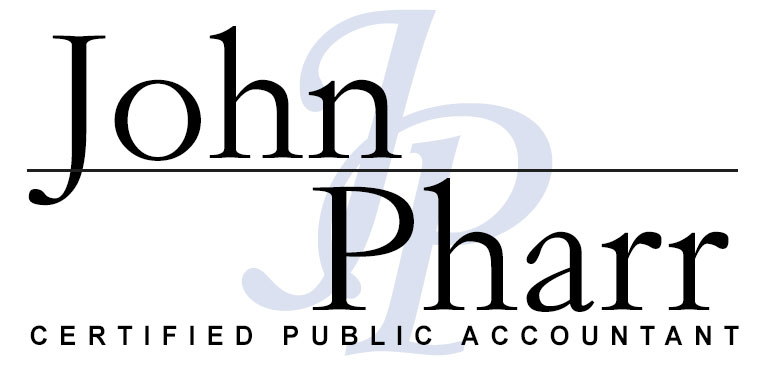Miss the Tax Deadline? What to Do If You Forgot to File Your Taxes
Filing your tax return late (or never) can come with costly consequences.
If you didn’t file your 2019 federal tax return or request an extension by July 15, don’t let that stop you from submitting your 1040 and paying your tax as soon as possible if you owe the IRS money. Acting quickly will help keep the penalties and interest you may owe from getting out of hand.
In addition to interest charged on the amount you owe, you could be facing separate penalties for both filing and paying late. The late-filing penalty is 5% of the tax due for each month (or part of a month) your return is late. If your return is more than 60 days late, the minimum penalty is $435 (for tax returns required to be filed in 2020) or the balance of the tax due on your return, whichever is smaller. The maximum penalty is 25%. The late-payment penalty is 0.5% of the unpaid balance for each month (or part of a month) the tax isn’t paid. The rate jumps to 1% ten days after the IRS issues a final notice of intent to levy or seize property. It can be as high as 25% of the unpaid tax. As you can see, the longer you wait, the higher the penalties grow.
If you have a good explanation for missing the filing or payment deadline, you might be able to avoid the penalties (but not interest). What’s a good reason? Think fire, natural disaster, serious illness and the like. If you want to request a penalty waiver, attach a statement to your return fully explaining your reason for filing or paying late.
If you’re confident you’re due a refund, then there’s no reason to worry. The IRS doesn’t penalize taxpayers for filing a late return if they’re due a refund.




